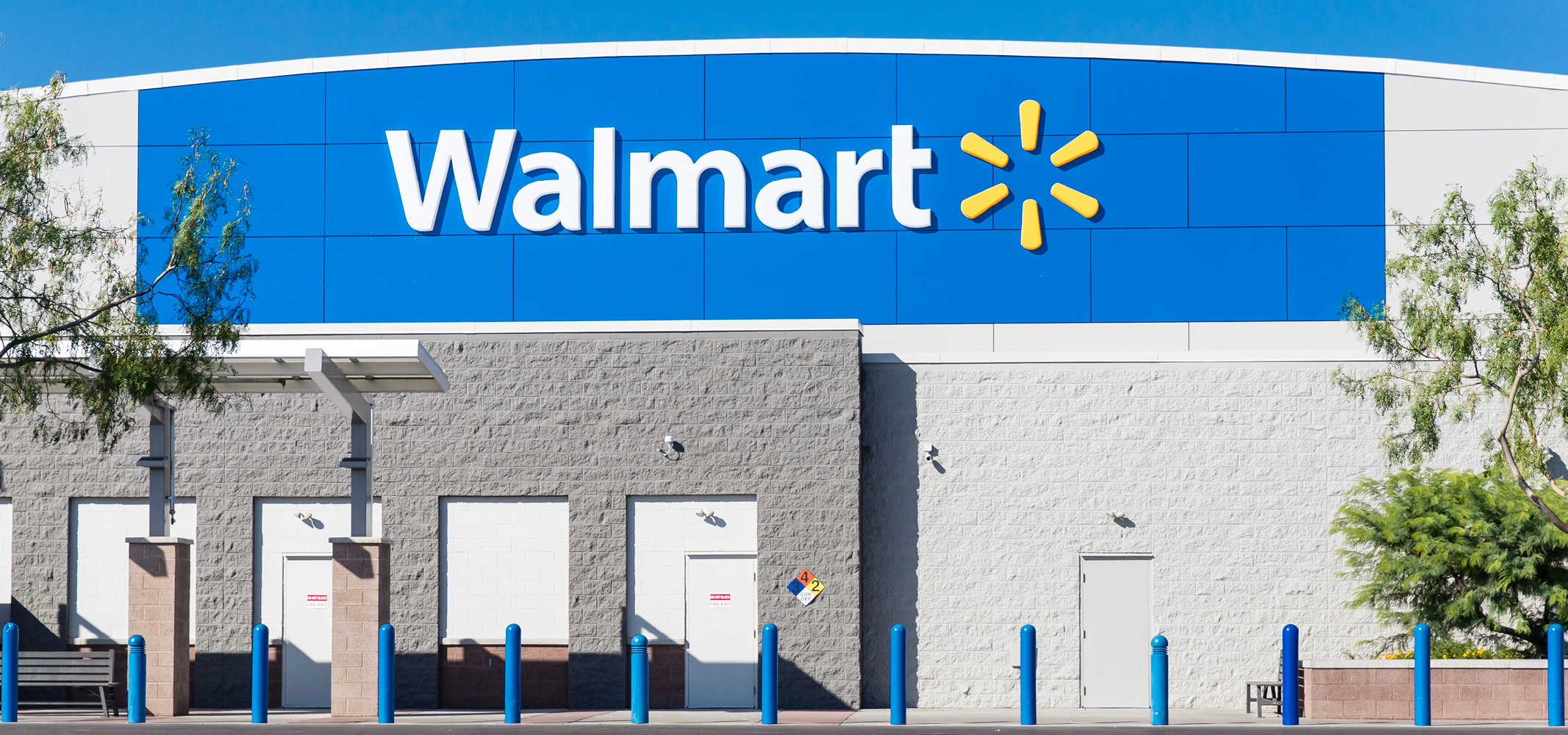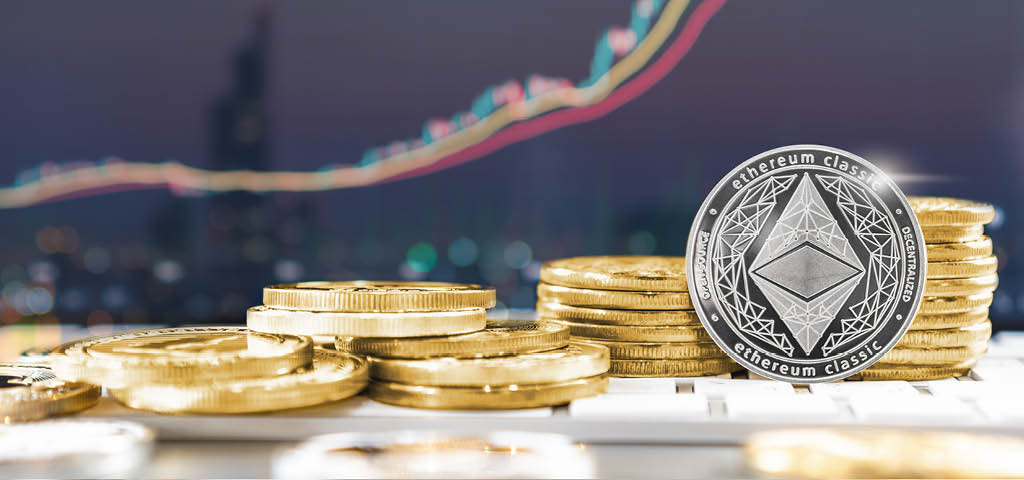Social responsibility when it comes to sustainability is becoming increasingly important. Mankind must act and rethink its actions. Especially in online commerce, the topic of eco-balance is often discussed. Many online service providers consider sustainable concepts to be unfeasible. However, increasing environmental awareness is forcing online retail to question tried-and-tested structures and re-sketch processes.
How sustainable can e-commerce actually be?
The very own demons of online retailing are packaging, logistics, CO2 emissions, and returns management. In a study, two-thirds of Germans stated that they do attach importance to sustainability when shopping online. It is particularly important to them that product information is transparent. This is provided by 360° views, augmented reality and product descriptions: The more data and information there is about a product, the fewer surprises there are later at home. This pushes the return rate down a bit. Production is an important argument when it comes to a company’s social responsibility. In the fashion world in particular, a great deal can be achieved with upcycling and ethical fashion. The topic is increasingly moving the fashion industry in purchasing as well. The material of the packaging – recyclable and reusable – and ethical perspectives such as Fairtrade are also relevant criteria. Another important point, however, is logistics itself. Industry pioneers are showing that sustainability can also be taken into account in the delivery and returns process.
In the future, global e-commerce should be lean, clean and green. Value-adding processes such as the avoidance of harmful waste and emissions, as well as the efficient use of materials and energy, will play an important role. The topics of sustainability, environmental balance, ethics and ecological e-commerce concepts will shape and dominate online retail in the coming years.









Leave A Comment
You must be logged in to post a comment.